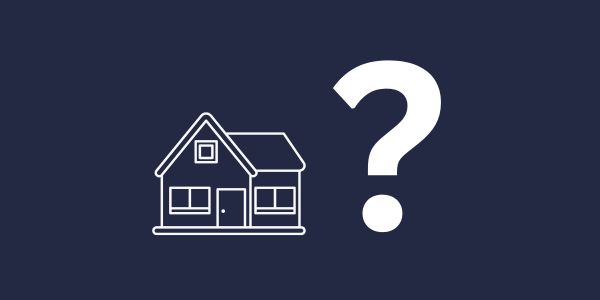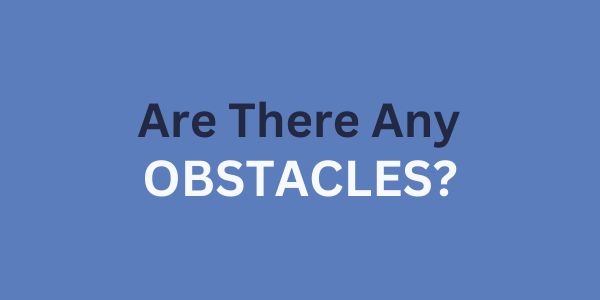The second charge mortgage market is an alternative financing option for homeowners who may not qualify for a traditional mortgage. This type of mortgage allows the borrower to use the equity in their home as collateral for a loan. The interest rate on a second-charge mortgage is typically higher than a traditional mortgage. Still, it can be a good option for those not qualifying for a traditional mortgage.
Overview of second charge mortgages
A second-charge mortgage is a loan that is secured against your home. This type of mortgage is sometimes called a home equity loan or a second mortgage. If you have equity in your home, you can use it as collateral to borrow money. The amount you can borrow and the interest rate you will pay will depend on your home equity and your credit score. A second-charge mortgage can be an excellent way to finance home improvements, consolidate debt, or make a significant purchase.
If you are considering a second-charge mortgage, comparing offers from different lenders is essential to find the best deal. Be sure to compare the interest rate, fees, and loan terms. You should also make sure that you are comfortable with the risks involved. A second-charge mortgage is a secured loan, meaning your home is at risk if you default.
Before you apply for a second-charge mortgage, it is essential to consider all of your options. You may get a lower interest rate with a personal loan or a line of credit. However, you should also ensure you can afford the monthly payments. A second-charge mortgage can be an excellent way to finance your goals, but it is essential to ensure you meet the monthly payments.
Before taking out a second mortgage, you should consider some essential factors

Before taking out a second mortgage, consider if you can obtain a further advance on your current mortgage first. Additionally, it is highly advised that you seek advice from a knowledgeable mortgage broker beforehand.
Finding a loan tailored to your unique needs and financial background doesn’t have to be daunting; help from our qualified professionals will make it much more straightforward. Moreover, as required by the Financial Conduct Authority (FCA), we ensure that all of our services meet strict rules for your protection.
If you choose to avoid getting formal advice, you risk taking out an unsuitable loan for your circumstances. If this happens, you might need help to make a successful complaint.
When you’re looking into a second mortgage, make sure you:
- To ensure you get the most competitive rate and terms, take some time to shop around and compare lenders’ APRCs (annual percentage rate of charge), loan durations, and total repayment costs.
- Uncover the exact mortgage provisions, fees, prepayment penalties and interest rates.
Finding the right fit for your home financing needs
As a homeowner, you have many options for financing your home. For example, you can take out a traditional mortgage, get a home equity loan, or take out a second-charge mortgage.
A second-charge mortgage is a type of home loan secured against your property. If you default on the loan, the lender can repossess your home.
Second-charge mortgages are less well-known than traditional ones, but they can be a good option for homeowners with bad credit or who are self-employed.
If you’re considering a second-charge mortgage, shopping around and comparing rates from different lenders is essential. It’s also vital to ensure you can afford the monthly payments.
How can I get a second charge mortgage?

You don’t necessarily need an excellent credit score to apply for a second charge mortgage. However, you may still be able to get a second mortgage with a bad credit score.
You must be a homeowner to be considered for a second-charge mortgage. However, you don’t necessarily need to live in the property where you take out the second-charge mortgage.
Consider taking out a second-charge mortgage for a few reasons. However, a second mortgage can be risky before determining whether you can get one and weighing up your options.
If you have been considering a second-charge mortgage, the first thing to do is decide how much money you need and what you will spend it on. Then, you can look at other ways of borrowing money with less risk attached.
When might a second mortgage present lower costs than remortgaging?
If you’re stuck in a fixed-rate mortgage with expensive early repayment charges, taking out a second loan, even at higher interest rates, is more cost-effective for raising money.
If your credit score has declined since you first acquired a mortgage on your property, remortgaging could mean paying more interest for the remaining loan. However, if you take out a second-charge mortgage instead, that extra debt will only incur its additional interest rate without affecting your original loan.
If you can make the payments, a second-charge mortgage is likely your best option. Instead of opting for a remortgage and taking on more debt, this solution allows you to choose shorter terms, possibly as short as ten years, rather than 20+ under traditional mortgages. This will help reduce the overall costs of the loan while providing all you need.
You, your lender or your mortgage broker will need to determine the most cost-effective solution based on your circumstances.
Potential loan uses
Some potential loan uses for a second-charge mortgage include debt consolidation, home improvements, business purposes, and more. In addition, as an alternative financing option, a second-charge mortgage can be a good fit for homeowners who don’t want to take on new debt or don’t qualify for a traditional home equity loan.
If you’re considering a second-charge mortgage, compare requirement criteria and terms from a few different lenders to get the best deal. Generally speaking, a mortgage adviser is the best organisation to seek that sort of information on the basis that they can source the market. Lenders would not necessarily advise you on another lender’s criteria or products.
Are there any obstacles if I relocate and have a second mortgage?

If you are looking to sell your home, there are two choices. First, you can keep the same lenders for both mortgages if you have ‘portable’ first and second-charge loans that can be transferred to your new property.
When you sell your property, there’s another option for repayment–pay off both mortgages and take out a single loan on the new place.
This could be feasible depending on the conditions of each mortgage and any early payment costs incurred. To get the most suitable solution for yourself, discuss it with your trusted mortgage advisor.
Would I be better off remortgaging?
Your current financial situation is key in deciding whether to take out a second-charge mortgage or remortgage to access extra funds.
Assessing Your Current Mortgage Terms
For instance, if your existing mortgage has particularly low interest rates, adding a second-charge mortgage may be better rather than replacing the current one.
Understanding Early Repayment Charges (ERC)
If you need to remortgage before your fixed rate ends, you might face an Early Repayment Charge (ERC). These charges can be expensive but tend to reduce each year as the deal progresses.
Comparing Options for Borrowing
Choosing to remortgage instead of a second-charge mortgage could be a better option if it offers a lower interest rate than your current mortgage. It also simplifies borrowing, as only one loan is secured against your property.
A further advance might be suitable if you prefer not to remortgage or secure a second-charge mortgage. This additional loan is secured against your property by the same lender, although it often comes with higher interest rates.
An additional advance can offer a similar financial structure to a second-charge mortgage while allowing you to work with your current lender.
The second-charge mortgage market offers flexible terms and competitive rates for homeowners seeking funding. These mortgages can support home improvements, debt consolidation, or other major expenses. However, it is important to compare offers from different lenders to secure the best deal for your needs.
Thank you for reading our publication, “The Second Charge Mortgage Market | Alternative Home Loans.” Stay “Connect“-ed for more updates soon!







